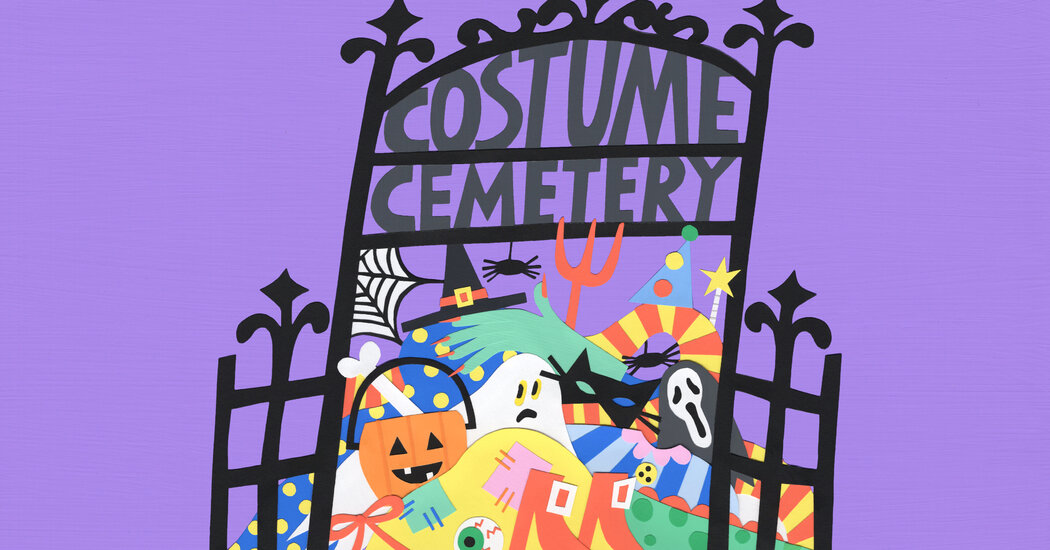Halloween shoppers in the United States are expected to spend more than $11 billion this year on candy, costumes and decorations like giant cobwebs, skeletons and enormous inflatable ghouls.
Unfortunately, a lot of those thing will end up in a landfill quicker than you can cut eye holes into a spooky old bedsheet.
“It’s definitely morphed over the course of my lifetime into something that generates a lot more waste,” said Sabina Magliocco, a professor of anthropology at the University of British Columbia. (Her favorite Halloween costume: when she dressed up as roadkill.)
The good news is, there are ways to make Halloween more sustainable. Experts offered a few tips.
Scary stuff, kids: All those candy wrappers
In folk tradition, Halloween was a time when the veil between the living and the dead thinned, and spirits roamed villages in what’s now Britain and Ireland.
Ancestral ghosts could arrive at your home, begging for food and drink, Dr. Magliocco said. Not knowing whether they were humans or phantoms, people would give sustenance to strangers freely rather than risk offending the spirits.
But after World War II, Halloween transformed into a commercialized, kid-friendly celebration. Manufacturers began mass-producing costumes and candy, and people started throwing parties and organizing parades.
